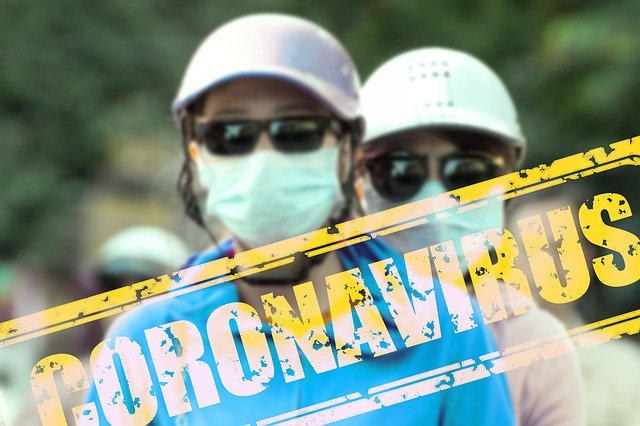What we generally know is that if we get outdoors we may be prone to get infected by the coronavirus. New evidence suggests otherwise. People are less likely to contract the novel coronavirus while outside than inside, say health experts after new research, however, not completely safe they say while physical distancing should not be put aside, reported The Hill.
A Chinese study, not peer-reviewed was published as a preprint in medRxiv that concluded: "All identified outbreaks of three or more cases occurred in an indoor environment, which confirms that sharing indoor space is a major SARS-CoV-2 infection risk." The research studied outbreaks from 320 cities outside Hubei province between January 4 and February 11 and it found only one outbreak occurring outdoors.
Ending restrictions?

With experts being increasingly confident of pieces of evidence that show SARS-CoV-2 spreading relatively more readily indoors than outdoors might help in guiding policymakers to look out for ending lockdowns and taking alternative measures such that it doesn't affect the economy. But also this may push the protestors who are already flouting social distancing to aggravate the situation.
Also, some demands of these protestors could also be met such as reopening beaches and parks closed due to the COVID-19 lockdown. With all these said, people who avoiding crowds are mandatory to maintain a minimum of six feet distance from others not to contract the coronavirus.
Enjoy Nature
As long as places like parks and beaches are not "cheek to jowl," activities such as cycling and walking are good, said Tom Frieden, former director of the CDC. "Enjoy nature. It's good for us, and it has a very low risk of spreading the virus," he added. Scott Gottlieb, the former commissioner of the Food and Drug Administration (FDA) tweeted similarly citing the Chinese study. He wrote that as temperatures warmed up outdoor coronavirus contraction risk was more than in confined indoor spaces.
"As we re-open, states should look to ease rules to allow more recreational, religious, and business activities to occur outside," reads the tweet.
Outdoor restaurant seating and creative solutions

Connecticut's Hartford is looking at allowing restaurants to expand their outdoor seating to parking lots and outdoor settings. Lithuania's capital Vilnius has also opened its outdoor spaces such as the central square to restaurant seating.
Professor at Boston University School of Public Health, Eleanor Murray called for creative solutions and said that the lockdown can't continue indefinitely. She further adds "It's just not going to be psychologically or economically feasible." At the beach, groups should stay six feet apart said Murray while discouraging activities such as volleyball as multiple people touch the same equipment potentially spreading the coronavirus.
The viral droplets spread more easily indoors explained Roger Shapiro, professor at Harvard TH Chan School of Public Health, because the droplets disburse rapidly in the wind making it a "nonfactor," if someone is not so close the other outside.
Split-second contact presents a low risk
While passing someone while walking or running outside for a split second outdoors offers a lower risk of contraction. The novel coronavirus "needs a cough or sneeze or something, singing, talking, spitting... It's not magnetism or something like that," said Amesh Adalja, a senior scholar from Johns Hopkins Center for Health Security.
However, there can be no "black or white answer" to such questions he says. People's decisions should depend on how much risk tolerance they have, he adds. Air-conditioned indoor environments have a higher risk of transmission, as reported previously, as the air recirculates and the virus stays longer indoors.









